I am setting up an Azure pipeline for a Node app with Jest being used to test APIs and integration. The source code lives on Azure DevOps and the code is deployed in Azure Portal. When I run the tests, it fails in the pipeline as the .env is never checked in the remote repository. The environment variables are living in the Azure Portal in runtime though configuration so the pipeline cannot really access it.
What is some ways to have access or create new location for the environment variables in order for my tests to run the the virtual machine?
My current solution (which I don't know if its right) is to create a variable group and redefine all my environment variables so the pipeline can read the variables also described here: https://damienaicheh.github.io/azure/devops/2019/09/04/how-to-use-variables-inside-your-azure-devops-builds-en.html
My questions are:
- Is this correct? Any of the stored variables here have nothing to do with the build neither they are inputs to run commands, rather all my environment variables are required inside the source code so I can test in a virtual machine (Ex: base_url, apiKeys, etc).
- If this is right, how can I possible avoid re-writting and re-assigning all the value in the pipeline? Can I source the entire variable group and the source code can interpret? I want to avoid like this
- env
- API_KEY: $(apiKey)
- MAPS_KEY: $(mapsKey)
- CLIENT_KEY: $(clientKey)
- CLIENT_SECRET: $(clientSecret)
-
-
- and so on...
// looking for something like this
-env: myVariableGroup
- Any leads to a post, articles to a better solution? I was thinking of using key vault but I think it will essentially the same that I have to import one-by-one.

